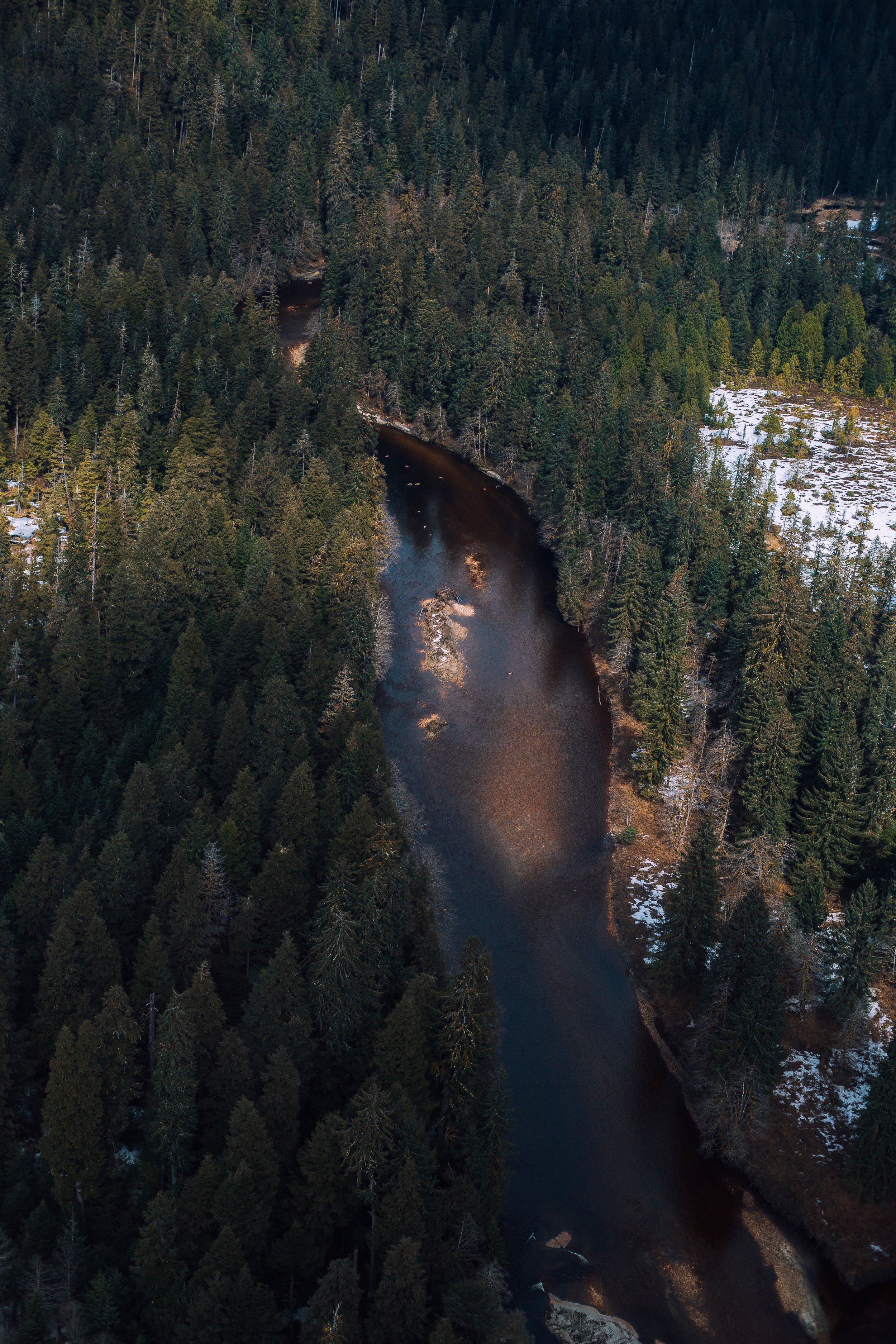Funding
The IWI team is grateful for the opportunity to receive guidance from Indigenous Advisors in developing the IWI granting process, application, and assessment criteria. IWI funding was deployed through two funding rounds:
Round One took place in Spring 2022 and targeted existing or previous Indigenous-led or co-led projects funded by the Healthy Watersheds Initiative (HWI). $6-million was been allocated in Round One.
Round Two took place in the Spring of 2023 and held an open call for proposals. Funding prioritized First Nations organizations or communities in British Columbia that had not received funding through the HWI or Round One of IWI. Round Two also prioritized regional funding equity by targeting areas that were not funded through previous funding opportunities. These underrepresented regions included the following watershed basins: Mackenzie, Nass, Stikine, Taku, Yukon, Skeena, North Vancouver Island, North Coast, and Central Coast.
IWI funding opportunities focused on supporting Indigenous-led, community-informed visions and priorities for watershed health and security. These priorities often look different from watershed to watershed. IWI granting support projects advancing watershed health by:
Stewarding watershed health through traditional practices, monitoring, and/or guardian programs;
Securing safe and clean drinking water for all;
Sustaining local and traditional food systems;
Connecting communities to their watersheds;
Protecting and mitigating against climate change; and,
Advancing Indigenous laws and knowledge.
Outcomes
Here are the priority outcomes identified by IWI:
Supporting intergenerational learning, mentorship and the fostering of future watershed stewards and champions.
Supporting the advancement of UNDRIP implementation.
Incorporating Indigenous knowledge and laws.
Building or strengthening partnerships.
Connecting community members to their land, cultures, languages, food systems, and traditions.
Restoring and rehabilitating watersheds.
Supporting watershed stewardship such as data collection, ecosystem assessments, implementing traditional stewardship practices, training.
Supporting watershed planning or mapping.
Advancing climate adaptation and mitigation; and
Educating and engaging community on watershed health.
The application period for Round Two closed in April 2023 and granting decisions have been made. There will not be any additional funding available through the Indigenous Watersheds Initiative.



